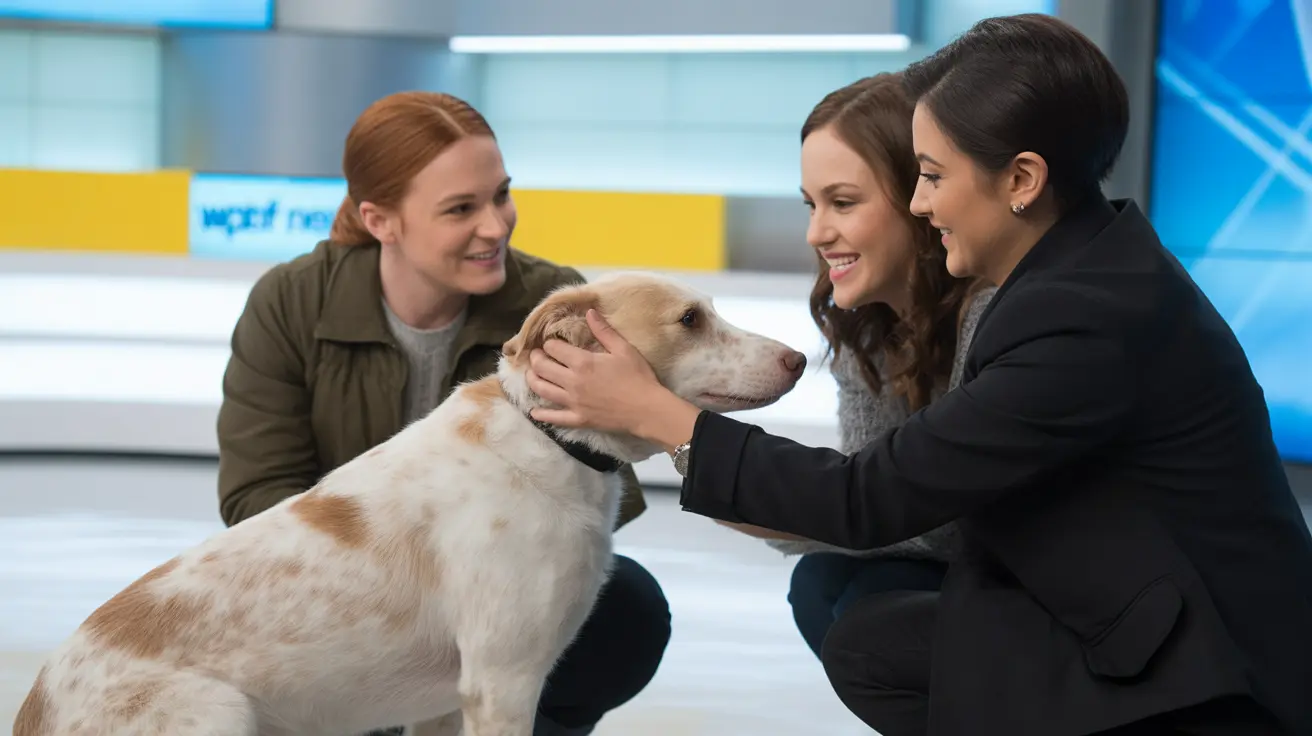Why Do Dogs Eat Dirt? Understanding Canine Geophagia
If you've ever caught your dog munching on soil, mud, or even gravel, you're not alone—this quirky (and sometimes alarming) behavior is called geophagia, a type of pica where animals consume non-food items. Let's dig into the reasons behind it and what you can do if your dog develops a taste for dirt.
Nutritional Causes
One of the most common reasons dogs eat dirt is due to nutritional deficiencies. If a dog's diet lacks essential minerals—like iron, calcium, sodium, magnesium, zinc, or potassium—they may instinctively try to supplement these by eating soil. Sometimes underfeeding or an incomplete diet can push dogs to seek nutrients elsewhere. Feeding your pet a high-quality, balanced diet tailored to their needs is crucial for preventing these deficiencies.
Behavioral Reasons
Boredom and anxiety are powerful motivators for odd canine behaviors. Dogs left alone too long or without enough stimulation might turn to eating dirt as entertainment or stress relief. Puppies are especially curious and may sample soil while exploring their world; usually this phase passes, but if it continues into adulthood or becomes excessive, something else could be at play.
- Lack of exercise or mental stimulation
- Separation anxiety
- Curiosity in puppies
Medical Conditions That Trigger Dirt Eating
Sometimes geophagia signals an underlying health issue:
- Anemia (low red blood cell count), which may result from parasites (hookworms), fleas, tick-borne diseases, bleeding disorders, immune problems, or cancer.
- Gastrointestinal disorders like gastritis or inflammatory bowel disease—dogs with tummy troubles might eat dirt or grass to try to vomit or soothe discomfort.
- Liver issues such as portosystemic shunt (an abnormal blood vessel affecting liver function).
- Intestinal parasites: giardia, roundworm, whipworm, tapeworm.
- Exocrine pancreatic insufficiency and other malabsorption disorders.
If your dog suddenly starts eating dirt frequently—especially if they're also lethargic or have pale gums—it's time for a vet visit.
Environmental Factors
Dirt isn't just dirt to a dog; it's full of smells and tastes that can be irresistible. Fertilizers and landscaping chemicals add another layer of temptation (and danger). Sometimes there's food residue in the soil—or just something interesting enough to warrant a nibble. However, these substances can pose serious health risks if ingested.
The Dangers of Eating Dirt
This habit isn't harmless. Potential risks include:
- Choking on rocks or foreign objects mixed with soil
- Gastrointestinal obstruction requiring surgery
- Dental damage from chewing hard debris
- Toxicity from pesticides, fertilizers, and chemicals in the ground
- Bacterial infection and parasite transmission through contaminated soil
Dirt can also contain bacteria and microscopic parasites that cause illness in dogs—and sometimes in people who come into contact with them afterward.
When Is Dirt Eating Serious?
- If your dog eats dirt frequently or suddenly starts doing so out of the blue
- If they lose their appetite
- If they vomit or have diarrhea regularly
- If they're lethargic or have pale gums (could indicate anemia)
These signs suggest something more than simple curiosity is going on. Your veterinarian may recommend bloodwork, urinalysis, fecal tests for parasites, abdominal imaging (like ultrasound), and sometimes food trials for allergies.
How To Address Dirt-Eating Behavior
- Feed a well-balanced diet recommended by your veterinarian; split meals into two or more feedings per day for smaller breeds who need frequent meals.
- Provide plenty of exercise and mental stimulation: toys, puzzles, training sessions—all help reduce boredom and anxiety-driven behaviors.
- Supervise outdoor time; leash-walk your dog if necessary and block access to tempting areas. For persistent cases consider a basket muzzle outdoors (never leave it on unsupervised).
- Train commands like "leave it" and "drop it" so you can redirect your dog's attention away from dirt before they chow down.
- If anxiety persists despite enrichment efforts consult a trainer or veterinary behaviorist for targeted help.
- Keep up year-round parasite prevention: fleas, ticks, heartworms—and especially intestinal worms.
- If indoor plants attract your dog's interest remove them (or cover exposed soil).
- Avoid using toxic landscaping products; choose pet-safe alternatives whenever possible and restrict access after treatment until safe.
Puppies often grow out of this habit with supervision and proper nutrition. In adult dogs—especially if it's new behavior—medical evaluation is important. With prompt attention to dietary needs and behavioral support most cases improve quickly (and you'll spend less time cleaning muddy paws!).





